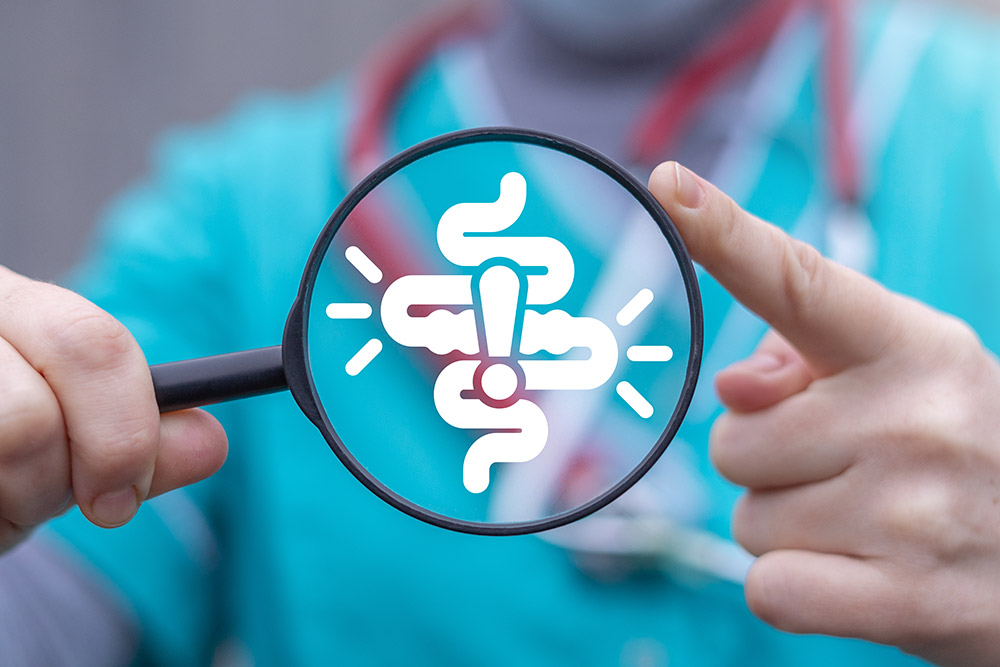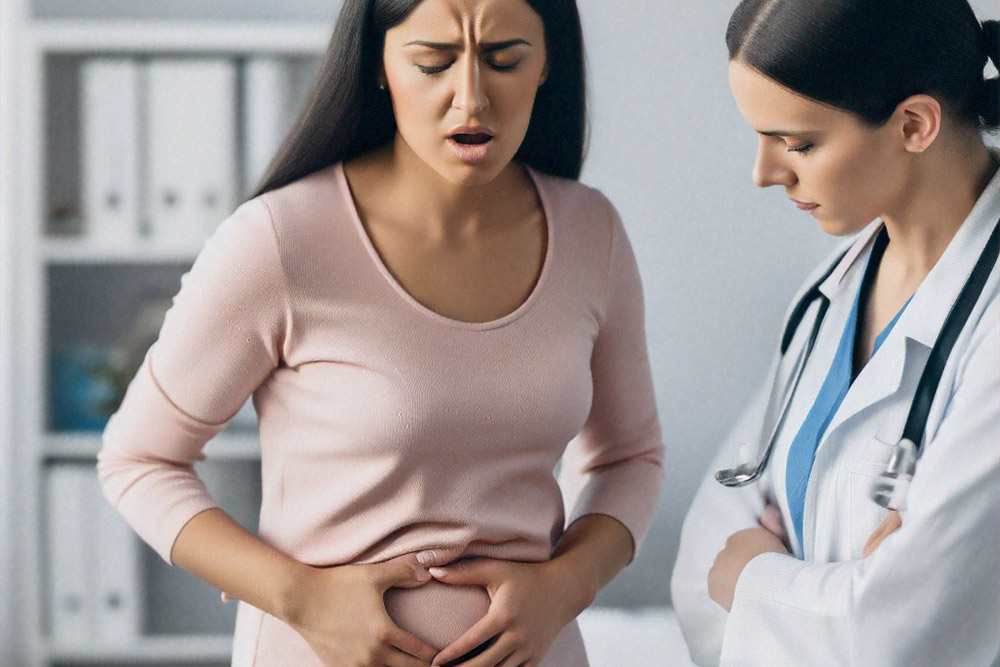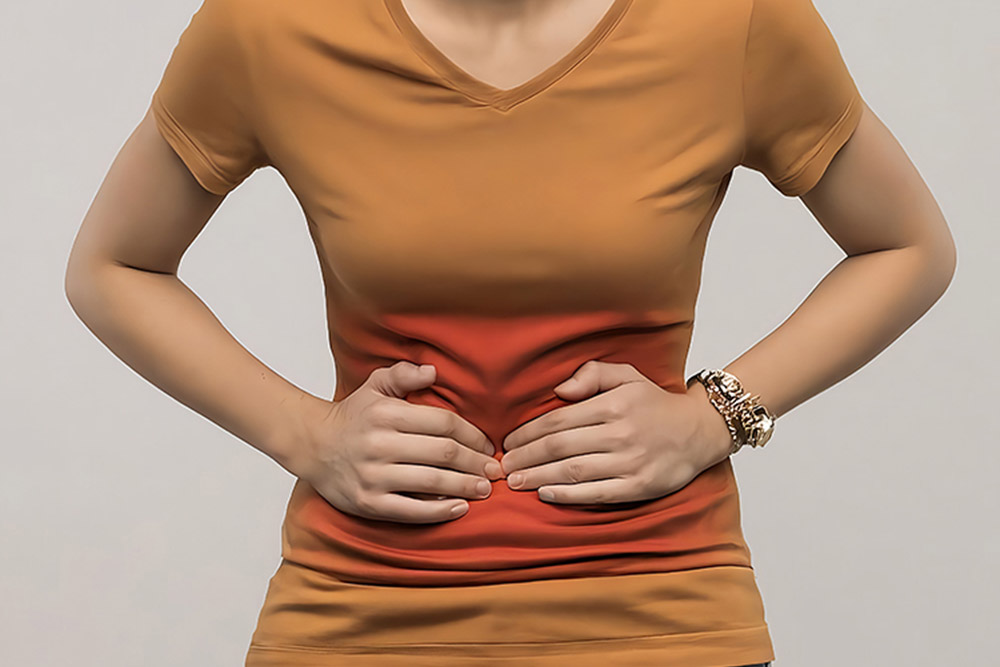What Is Gastric Adenocarcinoma?
Gastric adenocarcinoma is a type of stomach cancer that begins in the inner lining of the stomach. Abnormal cells multiply rapidly to form a tumor. Early stages often have no symptoms, so prompt detection improves treatment options and outcomes. The ICD-10 code for this condition is C16.
Common Causes and Risk Factors
- Long-term infection with Helicobacter pylori (H. pylori)
- Ongoing stomach inflammation (gastritis)
- Family history of stomach cancer
- Smoking
- Excessive alcohol consumption
- Diets high in salty, smoked, or processed foods
Signs and Symptoms
- Persistent stomach pain or discomfort
- Unintentional weight loss
- Nausea or vomiting
- Feeling full after eating small amounts
- Chronic heartburn or indigestion
How Dr. Rishi Diagnoses Gastric Adenocarcinoma?
Dr. Chadha follows a clear, step-by-step approach:
1. Medical History & Physical Exam
He reviews your symptoms, personal and family history of stomach issues, lifestyle factors (like smoking or alcohol use), and any prior H. pylori infections.
2. Blood Tests
Routine blood work evaluates overall health, checks for anemia, and rules out other causes of digestive symptoms.
3. Upper Endoscopy & Biopsy
An endoscope is used to inspect the stomach lining directly; small tissue samples are taken (biopsy) to confirm the presence and type of cancer cells.
4. Cross-Sectional Imaging (CT Scan)
CT scans of the abdomen and pelvis determine if the tumor has spread beyond the stomach to lymph nodes or other organs.
Frequently Asked Questions
What is the ICD-10 code for gastric adenocarcinoma?
C16.
Is stomach cancer common in Houston?
It's not common in the U.S., but early testing makes a big difference.
What's the survival rate?
It depends on the stage. Early-stage cancer has the best outcome.
Can diet help prevent it?
Yes. A diet low in salt and processed foods may reduce your risk.
Will an endoscopy hurt?
You'll be sedated. Most people feel little to no pain.
How long is recovery after stomach surgery?
Most people feel better in 4 to 6 weeks.
Do I need chemo for stage 4 cancer?
Usually, yes. It helps slow the cancer and ease symptoms.
Are there support services?
Yes. We can connect you with dietitians, counselors, and support groups.
What happens after treatment?
You'll need regular checkups and scans to watch for any signs of return.
How can I get a second opinion?
Call our Houston office to set up a visit with Dr. Chadha.











